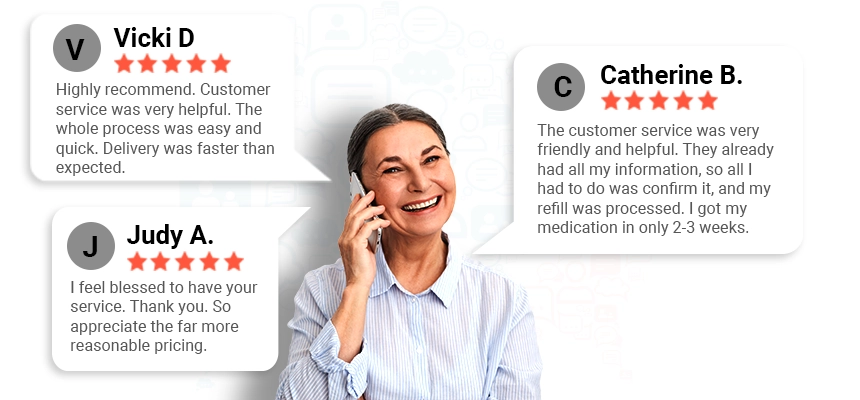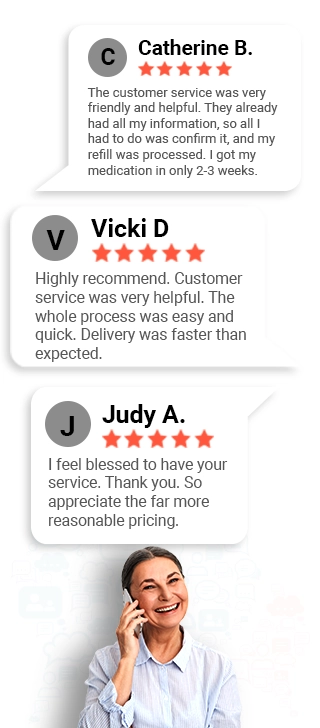
Heartburn Prevention in 8 Easy Ways
November 15, 2022| AntibioticsGastrointestinal DiseaseLifestylePain Relief
(Brand Option)
Select Quantity
$175.00 ($1.75 per capsule)
$329.00 ($3.29 per capsule)
(Generic Alternative)
Select Quantity
$61.00 ($0.61 per capsule)
$114.00 ($1.14 per capsule)
You can buy Cleocin from Canada on DoctorSolve.com without leaving the comfort of your home. DoctorSolve™ has been a trustworthy choice for online pharmacy needs in the United States since 1999.
We offer competitive Canadian prices for Cleocin, helping you save thousands of dollars on your medication each year. DoctorSolves™ reputation for exceptional service is backed by a remarkable 4.8/5 customer rating and 655+ positive reviews.
DoctorSolve™ is verified by Canadian International Pharmacy Association (CIPA) and International Pharmacy Association of British Columbia (IPABC). We prioritize your health by requiring a valid prescription from a healthcare provider, ensuring Cleocin is appropriate for your condition.
If you prefer speaking to a support staff, call +1-866-732-0305 to order Cleocin or fax your prescription to 1-877-251-1650. Our support staff are prompt and will answer all your queries professionally.
| Brand Name: | Cleocin |
|---|---|
| Generic name: | Clindamycin Hcl |
| Other Names: | Clindamycin, Dalacin C |
| Strength(s): | 150mg, 300mg |
| Quantities Available: | 100 |
| Formulation: | Capsule |


Guiding you every step of the way, ensuring access to affordable medicines. Our customer service team is available seven days a week to answer any questions or to address any concerns you may have. Please give us a call at Doctor Solve on Monday to Friday from 6am-8pm PST, or Saturdays and Sundays from 7am-5pm PST.